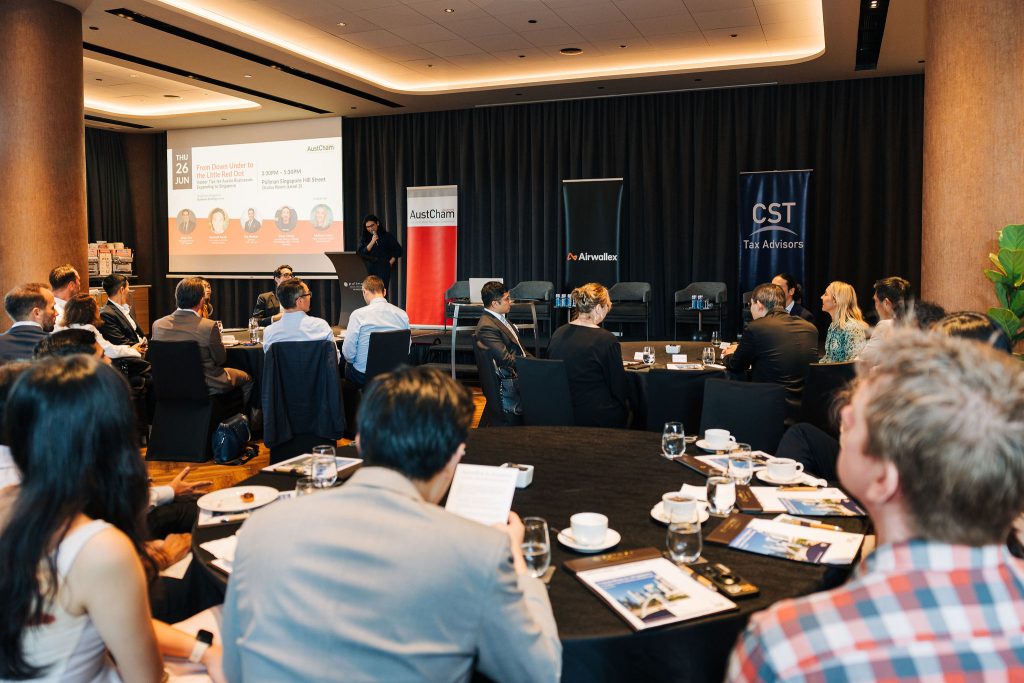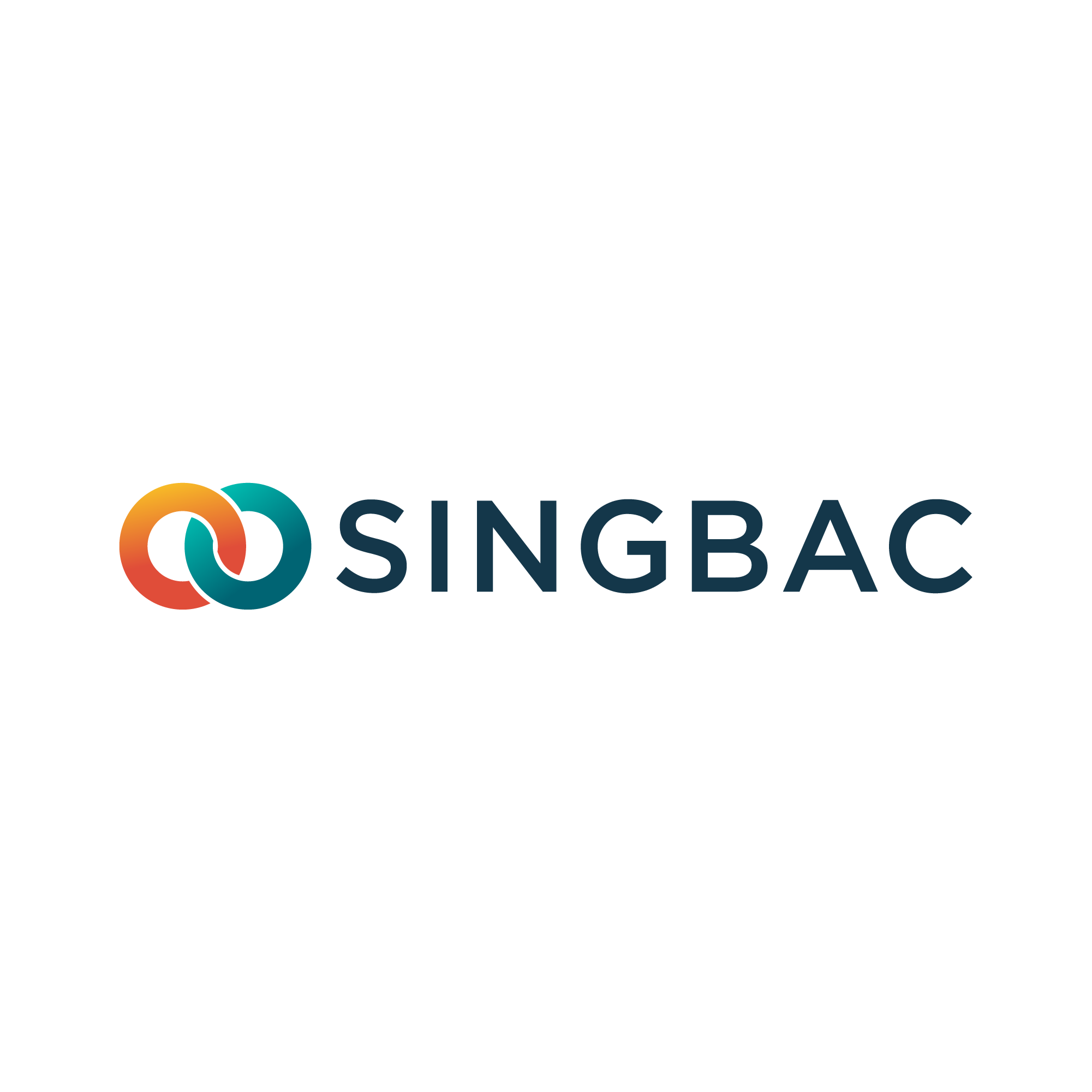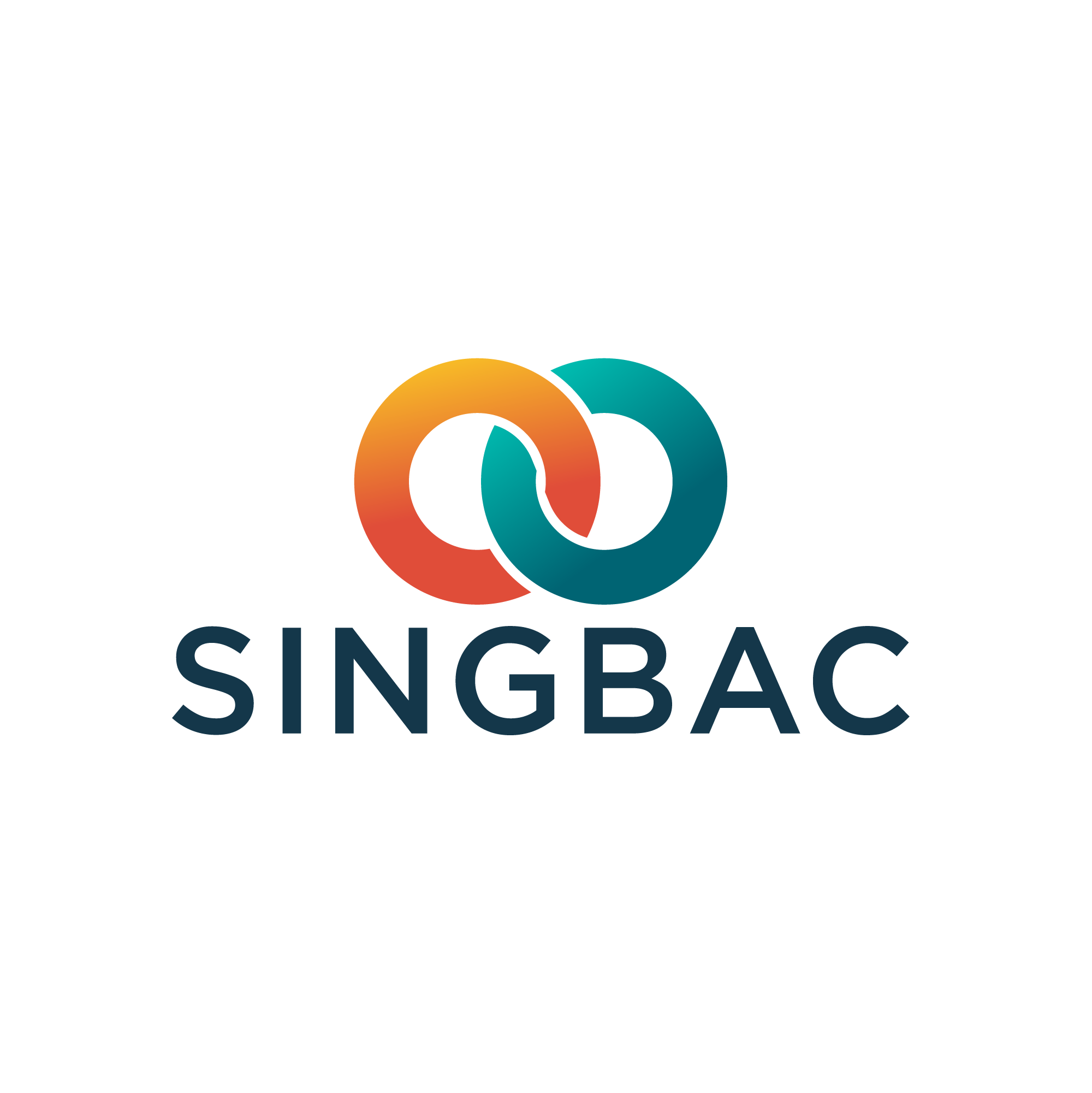Singapore’s appeal to foreigners registering their companies extends far beyond its geographic advantages.
For Australian businesses looking to expand into Southeast Asia, Singapore serves as an ideal launchpad through its robust legal framework, English-speaking business environment, and established infrastructure.
You can complete the entire company registration process remotely from any Australian city without requiring travel to Singapore. Everything operates through digital channels, making the process both efficient and accessible regardless of your location.
Business Structures
In Singapore, the common business structures are Sole Proprietorship, Partnership, and Private Limited Company.
Public Limited Companies and Foreign Company registrations (Branch, Subsidiary, or Representative office) are also available options.
Private Limited Company (Pte Ltd) is the standard choice for foreigners registering a company in Singapore, particularly for growing businesses requiring liability protection.
For Australian business owners, this structure works much like the Proprietary Limited Company (Pty Ltd) you already know from Australia, offering the same benefits and flexibility in how you run your operations.
Australian citizens can maintain complete ownership of Singapore companies as ultimate beneficial owners. The Pte Ltd structure:
- Can accommodate 1-50 shareholders
- Has separate legal entity status from its shareholders
- Limits the liability of its shareholders to the amount invested in shares
- Offers a corporate tax rate of 17% with potential tax exemptions for new companies on the first S$100,000 of chargeable income during the first three years
Key Difference: All Singapore-incorporated companies must have a company secretary, unlike Australian Pty Ltd companies where this is not mandatory.
If you are looking to establish a non-profit organization with charitable or community-driven purposes, the Company Limited by Guarantee (CLG) structure serves as an alternative.
Also read: Setting Up a Company Limited Guarantee in Singapore
Considerations for Australian Businesses
Tax Benefits
The Double Taxation Avoidance Agreement (DTAA) between Singapore and Australia eliminates the double taxation of income and reduces the already low Singapore tax rates for businesses and individuals even further.
For example, if a taxpayer is a resident of Australia and derives income from Singapore, this income could be taxable in both countries. However, under the provisions of the DTAA, Australia will provide tax relief by crediting the tax paid on the income in Singapore against the tax due to Australia.
Similarly, Singapore would provide the same treatment for the opposite case.
Time Zone
Singapore operates on the same time zone as Perth, while Melbourne and Sydney are just two hours ahead of Singapore time.
This minimal difference allows Australian business owners to maintain regular communication with their Singapore operations during standard business hours without scheduling complications.
Australian Chamber of Commerce Singapore (AustCham)

Source: AustCham Singapore
AustCham Singapore provides opportunities for connection, insight and advocacy for individuals and businesses in Singapore with an interest in and connection to Australia.
The chamber serves as a valuable networking platform for Australian entrepreneurs establishing operations in Singapore, offering access to business connections, market intelligence and advocacy services that can facilitate successful market entry and ongoing operations.
How to Start a Pte Ltd Company in Singapore from Australia?
Mandatory Requirements:
- At least one shareholder (individual or corporate entity)
- At least one local director (a nominee director) who is a Singapore resident (Citizen, Permanent Resident) with a local residential address
- Company Secretary
- Data Protection Officer (required since 2024 for compliance with Singapore Personal Data Protection Act)
- Registered office address in Singapore
Capital Requirements:
- No minimum paid-up capital required; you can start with as little as S$1
Step-by-Step Registration Process
1. Engage a Registered Filing Agent (RFA)
Foreigners must use a registered filing agent (law firm, accounting firm, or corporate secretarial service) to submit applications through BizFile+ on their behalf. Complete the KYC onboarding process with the RFA including the choice of your company name.
2. Secure Company Name
Submit your proposed company name to the Accounting and Corporate Regulatory Authority (ACRA) for approval. The name must be unique and not already in use.
3. Submit Required Documents
- Proof of residential address in Australia
- Passport or identification documents
- Preferred financial year end date (by default, 12 months from date of registration)
- Copy of passport for all individual shareholders, directors and beneficial owners
- Copy of company profile or certificate of incorporation for all corporate shareholders
4. Document Signing Requirements
Complete and sign all pre-incorporation and post-incorporation documents related to the company prepared by the filing agent.
What to Expect
Registration Fee: S$315 represents the government fee paid directly to ACRA for company name application and registration processing.
Professional services including company secretary appointment, nominee director services, and ongoing compliance support are provided under separate fee arrangements.
Timeline:
- Standard processing: 1-3 days once documentation is complete
- Overall process: Up to 60 days if authorities require additional review
- Name appeal process (if needed): 14-21 working days
Opening a Corporate Bank Account for a Singapore Company
While not mandatory for company registration, a corporate bank account becomes necessary when conducting business activities such as receiving payments and managing funds.
Required documents typically include:
Business Plan – Document outlining your Singapore company’s activities and financial projections.
Supporting Business Documents – Letters of interest, supplier agreements, client contracts, or employee contracts with your Singapore company can improve approval chances.
Traditional banks may require additional evidence of local business operations such as office lease agreements. Digital banks typically have more flexible requirements for new companies and may represent a more practical starting point for Australian businesses.
Also read: Checklist to open a corporate bank account in Singapore; Traditional banks vs digital banks
Post-Registration Compliance
Singapore-incorporated companies must maintain ongoing compliance including filing annual returns, conducting Annual General Meetings, and maintaining proper corporate records.
Companies must also ensure their registered address remains current and report any changes to directors or shareholders to ACRA.
For companies planning to hire employees, additional registrations with the Ministry of Manpower and Central Provident Fund Board become necessary.
How Singbac Helps Australian Businesses Register in Singapore
Registering a Singapore company as a foreigner opens Asian market access for Australian entrepreneurs pursuing regional expansion.
Singbac is a professional filing agent, managing the complete incorporation process while ensuring your Australian business maintains full compliance with Singapore regulations
We provide support preparing and filing annual returns to ACRA, handle corporate tax filings, appointing qualified nominee directors to meet local requirements, and managing ongoing financial record maintenance for your Singapore operations.
Frequently Asked Questions
- Can I register a Singapore company from Australia?
Yes, Australian citizens and businesses can register a company in Singapore from Australia. You can fully own a Singapore company as the ultimate beneficial owner and manage operations remotely.
The registration process can be completed entirely from your Australian location through a registered filing agent.
- Do I need to travel to Singapore to register a company?
No, traveling to Singapore is not required for company registration. The entire incorporation process can be handled remotely through a registered filing agent.
However, you may need to visit Singapore later for activities such as opening corporate bank accounts, depending on the financial institution’s requirements.
- Do I need a local director to register a Singapore company?
Yes, Singapore law requires at least one local director, commonly known as a nominee director, for all private limited companies. This director must be a Singapore citizen or permanent resident with a local residential address.
Australian businesses must engage professional corporate service providers or registered filing agents who can appoint fit and proper nominee directors to meet this regulatory requirement.
- How long does the Singapore company registration process take?
The standard registration process takes one to three days once all required documentation is prepared and submitted. However, the overall timeline can extend up to sixty days if authorities require additional review of your application.
Name approval typically processes within the standard timeframe, though appeals for rejected names take fourteen to twenty-one working days.



